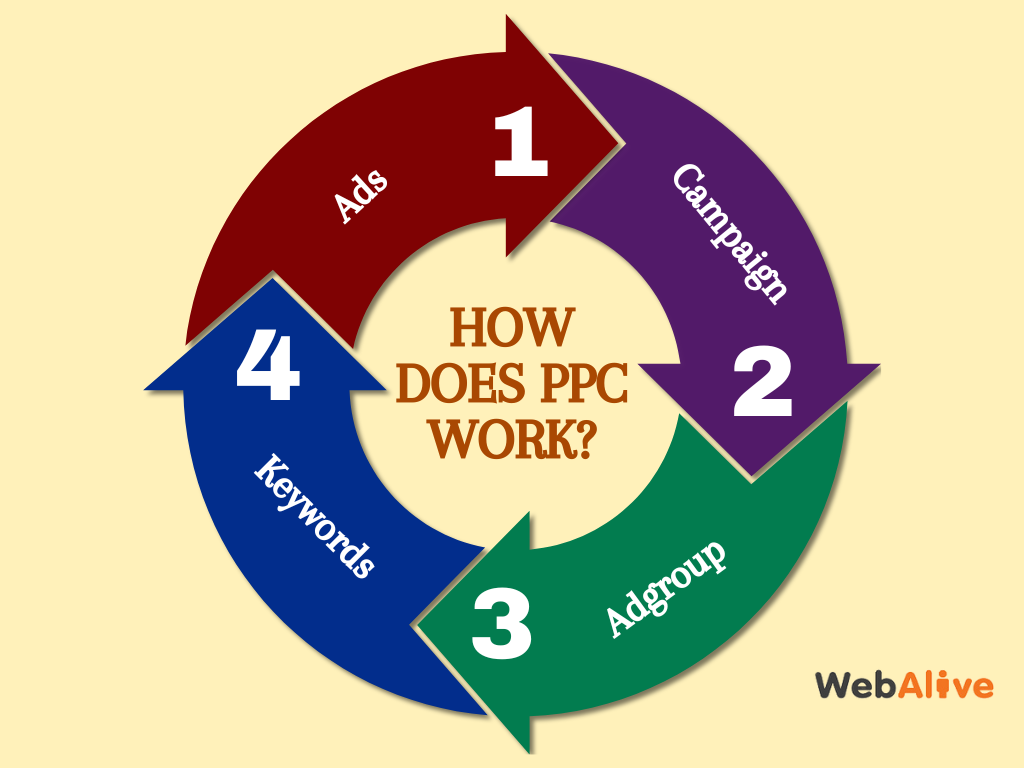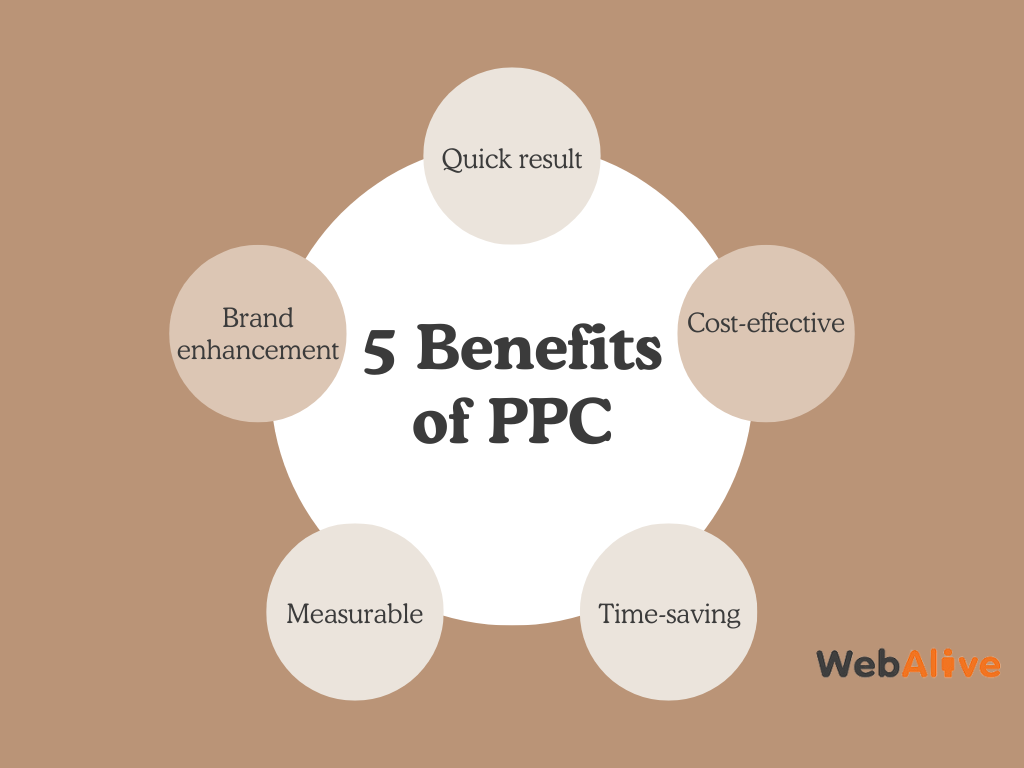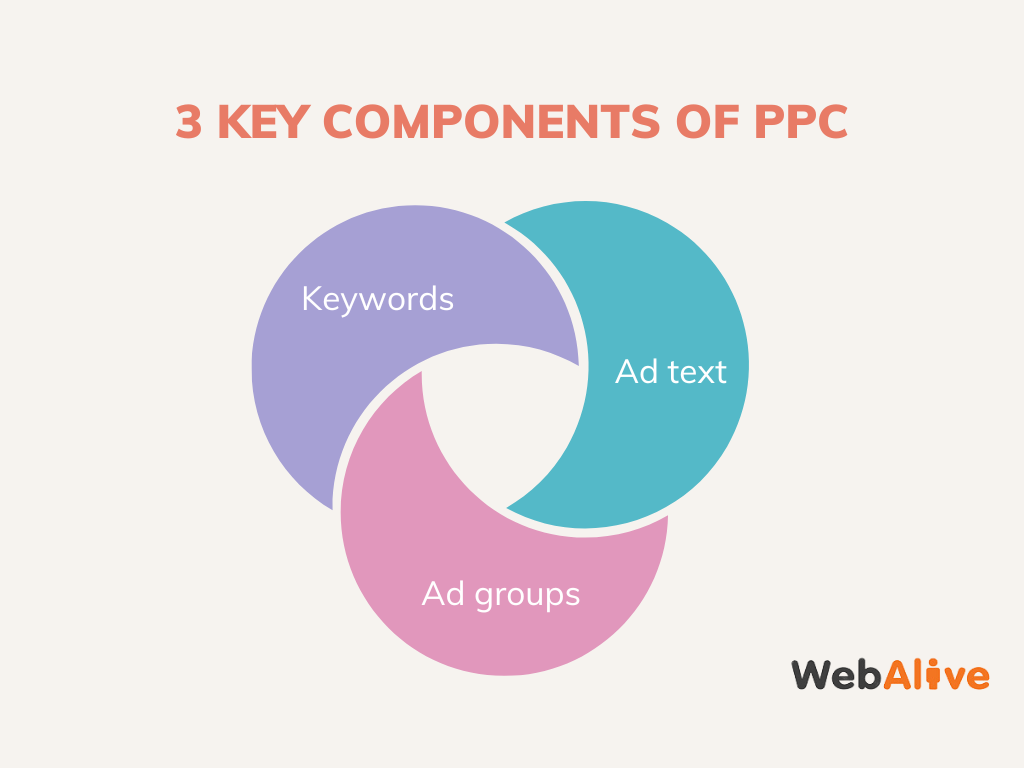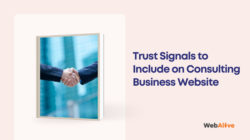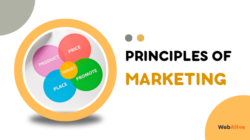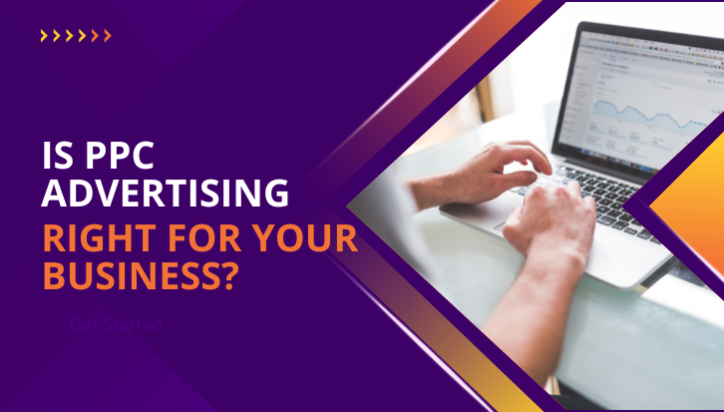
What Is PPC Advertising and When It’s Right for Your Business?
Pay Per Click or Cost Per Click is a form of advertising used to direct traffic to relevant websites. The advertiser pays a certain amount of money every time a potential customer clicks on their ad. The price of the clicks can vary greatly depending on the popularity of the keywords involved.
Advertisers decide on the amount of money they want to spend on certain keywords and phrases relevant to their products, business and target market and put in a bid on them. The higher the bid, the higher up on the list the ad will show.
These targeted paid ads show up in the top section of the search results with a small badge letting consumers know that the advertiser has paid for this top position.
It can often be hard to tell if PPC is the right direction to head in for your business, so here we will discuss a couple of key elements you should consider before opting to go ahead with a PPC campaign – and remember, PPC should never be used in place of a good SEO, but rather as an enhancement to your strategy.
What is PPC?
In short, PPC stands for pay-per-click. It is an online advertising model. Here advertisers need to pay every time a visitor clicks on their ad. PPC advertising is available on social media platforms like Facebook and Instagram, as well as through display advertising on websites. Google Ads (formerly known as Google AdWords) is one of the most common PPC platforms where advertisers bid on keywords and pay each time a user clicks on their ad.
How does PPC advertising work?
The pay-per-click (PPC) model is mainly based on keywords. In platforms such as search engines, online ads, often termed sponsored links, are displayed solely when a user searches for a keyword relevant to the advertised product or service. Consequently, businesses that utilise PPC advertising conduct thorough research to identify and analyse the most searched keywords for the products or services they are offering.
In addition to determining their target audience’s demographics, geography, and interests, advertisers also work on campaign goals, budgets, and bidding techniques. The ads are then put through an auction process, where factors including quality, relevance, and bid amount are determined. When people interact with the adverts, advertisers are paid.
Here’s an example scenario,
Bid Amount: $1 per click
Conversion rate: 15% (1 out of every 6.67 visitors buys the product)
Profit margin: AU$15 per sale
In this scenario, for every $7 spent on 7 clicks, you acquire 1 customer, given the 15% conversion rate (1 out of every 6.67 visitors buys the product). This customer generates AU$15 in profit, resulting in a net profit of AU$8 (AU$15 profit – $7 ad spend).
PPC vs SEO: the key difference
Pay-per-click (PPC) and Search Engine Optimisation (SEO) are two distinct digital marketing strategies. PPC is all about paying for ad placements on search engines and other platforms, ensuring immediate visibility and traffic, but at a cost per click, making it suitable for short-term campaigns.
On the other hand, SEO focuses on optimising website content and structure to improve organic search rankings, which works as a cost-effective solution in the long run but requires time and consistent effort to achieve and maintain high visibility.
So, in one line, while PPC provides quick results and control over ad placement, SEO builds sustainable, long-term traffic and credibility through organic search results.
Top benefits of PPC
1. Quick result
A PPC campaign can be mostly effective for businesses looking to boost their online presence fast through visually engaging ads, which can be strategically placed on the display network to reach a broader audience.
Unlike SEO, which may require time to manifest results, PPC advertising swiftly generates website traffic in a short period. Whether it’s a text ad on Google search, an image ad on Instagram, or a featured video on YouTube, diverse formats across several platforms can boost your brand’s visibility.
2. Cost-effective
While a big business might have the resources to invest in extensive marketing strategies, a PPC campaign offers a cost-effective solution for small businesses to compete in the digital marketplace. Here, with PPC, you pay per click only.
That means you don’t have to pay until anyone interacts with your ad. So, there is no chance to go over your budget as you can set your maximum spend ahead of time.
3. Time-saving
You can launch your PPC advertising campaign quickly in no time. With all your essential details in place, such as ad text and landing pages, setting up PPC is a breeze. There’s no need for lengthy contracts or commitments; you can simply set it up and hit the ground running.
4. Measurable
PPC advertising offers measurable results. You can track clicks, impressions, click-through rate, cost per click, average ad position, and detailed data on the locations and devices where your ads are displayed, among other valuable insights.
By integrating Google Analytics and conversion tracking, you can gain even deeper insights into user behaviour and the performance of your ad campaigns.
5. Brand enhancement
PPC advertising plays a vital role in bolstering brand recognition. Even if users don’t click on the ad, the mere exposure can leave a lasting impression, contributing to brand recall.
3 key components of PPC
1. Keywords
It comes with no doubt that keywords play a vital role in PPC. Branded keywords ensure that ads are shown to users who are actively searching for specific information, products, or services. Try to incorporate negative keywords to ensure your ads are not shown for irrelevant searches and long tail keywords to help you tap into specific audience segments.
For example, a business bidding on the keyword best burgers in Sydney ensures their ad is shown to users specifically interested in burgers in Sydney, increasing the relevance and effectiveness of their campaign.
2. Ad text
Well-crafted ad text can significantly impact the success of a PPC campaign by attracting clicks, conveying value, and driving conversions. It comes in several forms, from search ads to paid social ads to sponsored ads. Ad text is often the first point of contact between a potential customer and a business.
Hence, it needs to be compelling and relevant enough to grab the user’s attention amidst numerous competing ads. It also offers a chance to highlight unique selling points (USPs) and value propositions.
3. Ad groups
Ad groups allow advertisers to organise their PPC campaigns into manageable segments based on themes or categories. This structure makes it easier to manage and optimise the campaign, ensuring that each ad group is focused on a specific aspect of the business.
For example, a campaign for an online bookstore might have separate ad groups for fiction books, non-fiction books, and children’s books, each with relevant keywords and ads. By grouping related keywords and ads, ad groups help ensure that the ads shown are highly relevant to the user’s search query.
5 Steps to Manage PPC Ad Campaigns Effectively
Step 1: First, you need to select the most appropriate platform for your Pay-Per-Click (PPC) campaign.
Step 2: Secondly, conduct thorough keyword research to identify the most relevant and high-performing keyword list to run your campaign.
Step 3: Thirdly, design and develop landing pages that are tailored to your PPC ads and target audience.
Step 4: Then write an ad copy that captures attention and encourages clicks.
Step 5: Finally, monitor and analyse the performance of your PPC campaign using analytics tools.
Things to consider before running a PPC ad campaign
What is the budget allocated for this campaign?
Determining the budget is a must as it impacts every aspect of your PPC campaign, from the number of ads you can run to the platforms you can afford. A clear budget helps in analysing realistic goals, managing expenditures, and calculating the potential return on investment (ROI). It also influences bidding strategies and the frequency with which your ads will be displayed.
Who are your target audiences for this campaign?
Identifying your target audiences involves focusing on demographic details such as age, gender, income level, geographic location, interests, behaviours, and purchasing habits. Understanding your audience helps tailor your messaging and choose the right keywords, making your campaign more effective and cost-efficient.
What are the key objectives you aim to achieve with this campaign?
Defining clear objectives provides direction and purpose for your campaign. Objectives can include increasing website traffic, generating leads, boosting sales, raising brand awareness, or promoting a specific product or event. Clear goals help in measuring success, optimising ad performance, and managing expenditure.
Some of the must-follow PPC trends to follow in 2024
- AI-driven audience targeting has become mandatory in digital marketing, leveraging advanced data analysis and generative AI to create personalised ad experiences and stay ahead in 2024.
- Video advertising has become a vital strategy in 2024, drawing viewers in and increasing brand interaction.
- To stand out in a crowded online market and maintain audience engagement, PPC marketers must optimise landing pages for relevance and customisation.
- Voice search optimisation is crucial for paid advertising since it has the potential to bring in billions of dollars in sales worldwide. This highlights the necessity of conversational keywords and ad copy to effectively address voice queries and establish a connection with viewers.
- The integration of Augmented Reality (AR) and Virtual Reality (VR) is revolutionising advertising by offering immersive experiences that allow customers to interact with products in unique ways, propelling engagement to new heights.
- In 2024, Google will improve cross-device attribution for CTV ads, providing more accurate data on which campaigns drive revenue.
- Investing in social media advertising on platforms like Facebook, Instagram, TikTok, and LinkedIn is crucial for reaching diverse target audiences where they spend significant online time.
- Increasing use of PPC video ads in 2024 capitalises on engaging viewers with brief, sound-independent, attention-grabbing content and clear calls to action.
So, is PPC advertising a suitable choice for your business?
If you are offering specialised products and services
PPC could be of particular use to you if you have a niche industry in which you have few competitors. Niche keywords tend to be less expensive, so the more unique your product is the more clicks you will be able to afford. Descriptive keywords can also help keep costs down and keep you away from more generic expensive words that have higher competition.
If you have a website that converts well
PPC directs traffic to your website, so if your site effectively converts visitors into customers, PPC can be an excellent strategy to drive more conversions.
If you have the budget
PPC advertising requires a budget for bidding on keywords and running campaigns. If you have a sufficient budget, it ensures that you can effectively compete in the auction and reach your target audience.
If you have a good profit margin
If your products or services have a big ticket value, PPC could be the right fit for your business. There is a much higher chance of you being able to happily afford 100 clicks that don’t end up in a sale if just one does and results in several thousand-dollar jobs. Getting a strong ROI if your products are priced below $100 is a much more difficult proposition.
If you are providing deadline buying
If you know for a fact that the people clicking on your ad will be associating it with a deadline – Christmas, the start of a new school term or other seasonal products – PPC could be the answer to your prayers. When purchasing these kinds of products many consumers are driven by their emotions, making them more easily influenced by good copy, calls to action and compelling visual content.
If you have a capable team
Managing PPC campaigns effectively requires expertise in keyword research, ad copywriting, campaign optimisation, and analytics. If you have an expert PPC team who have full knowledge of how PPC works, it will be a plus point to ensure the success of your campaigns.
How to make your PPC campaign a success?
There are many ways you can improve your PPC campaign and conversion rate. Make sure your landing page is relevant. When potential customers click through they have to be taken to a place that matches with the product or service they are looking for.
Include a call to action – Buy Now or See More could be the difference between a click-through and a scroll past. Test your ads. Run a couple of different variations of ads at once to see which one gets the most traction. Vary the descriptions, display URLs and calls to action.
Use Google’s ad extensions which provide more opportunities for the call to action links. These can be particularly useful in the form of location, offer or product extensions. Have a look at what your competitors are doing and do something a little different.
Mention your product’s unique selling points and the benefits of choosing your products over the others. Include keywords in the URL – they will automatically become bold which will help the ad stand out. Make sure your keywords are present in the title and the text.
Determine realistic goals, do a little bit of research and get to know your target market. Be committed. Make sure you have enough money and drive to let your campaign run for a couple of months before you decide if it’s worth it or not.
Include keyword synonyms and variations – for example, someone could be searching for web designers so they may type in Web designer, web designer Melbourne, web design company Melbourne or web and graphic design.
While the concept of PPC is easy enough to understand, the management of it can be quite tricky for the uninitiated. So if you are looking for PPC management services, here at WebAlive we have a dedicated team that focuses solely on managing paid advertising campaigns and specialises in PPC and Google AdWords.
If you need help with your PPC campaign contact us today to discuss how we can help.
You read a lot. We like that
Want to take your online business to the next level? Get the tips and insights that matter.
